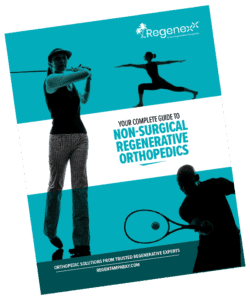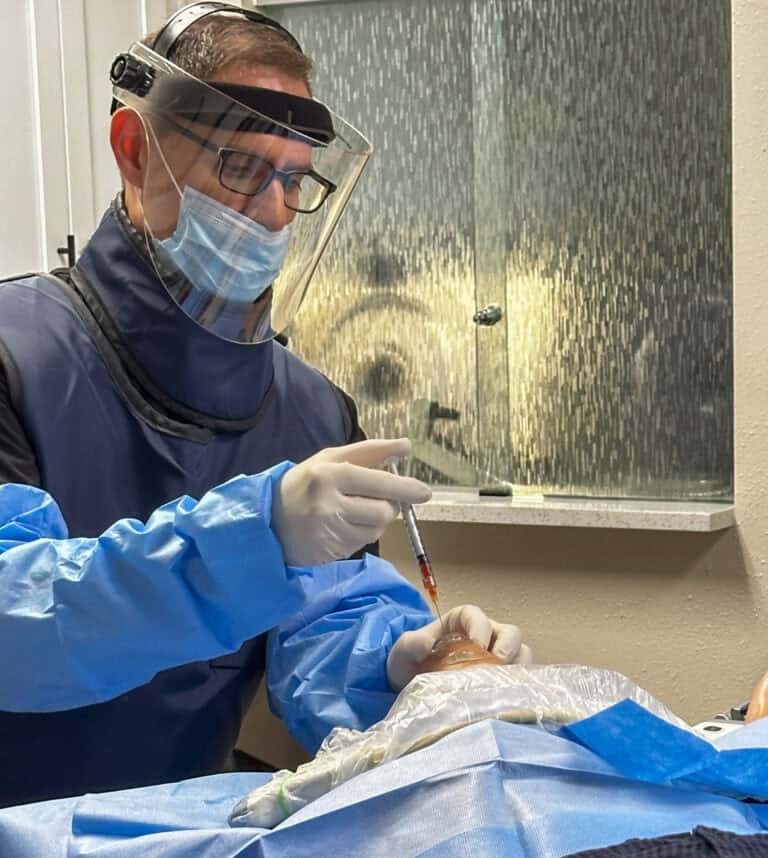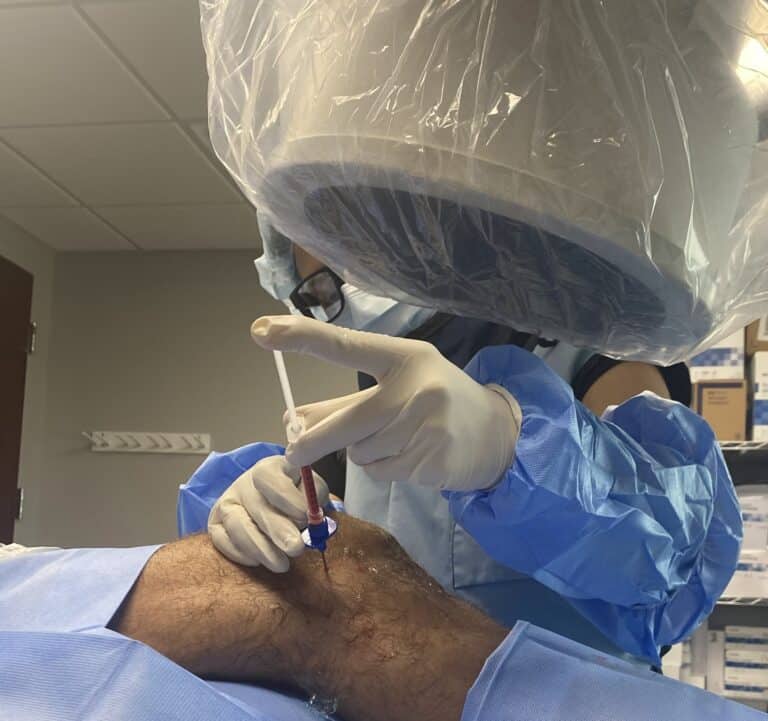Over the last few years, the age of patients who have opted for knee and hip replacements has dropped. The promises implied in ad campaigns for artificial knees and hips no doubt lured people in their 40s and 50s who suffered from joint pain to undergo surgery.
However, the return-to-youth stories in the marketing materials are just that…stories. Scientific studies prove that the results don’t live up to the hype. In fact, one study showed that fewer than 5% of knee replacement patients met physical activity guidelines.
Patients who have had knee replacement surgery often complain of chronic pain afterward, which is also the main reason people have the surgery in the first place, so the procedure may not solve the primary issue.
Another study indicates that 34% of knee replacements are not deemed to be appropriate by researchers when evaluated and stringent criteria are used.
Additionally, knee replacements may be recommended after incidental MRI and X-ray findings meaning that the provider may have seen an abnormality on the imaging that in reality was not the actual cause of the pain.
In some cases, the patient’s knee pain may actually be a symptom of a low-back issue, such as a pinched nerve. It should be noted that serious risks come with knee replacement surgeries, including heart attack, stroke, and blood clots at percentages that may surprise you.
The risk of a heart attack within the first 6 weeks after a knee replacement may be up to 31 fold higher compared to not having the surgery. With younger patients having knee replacements, there are more negative implications, according to a recent study.
Age Shifts among Knee and Hip Replacement Patients
Looking at demographic data from 2000 through 2014 in the U.S. National Inpatient database, a study found that the average age of hip and knee replacement patients took a downward turn. In 2000, the average age for hip replacement patients was 66.3.
Knee replacement patients were 68, on average, at the beginning of the century. Fifteen years later, these patients were only 65.9 years old. By 2015, patients averaged 64.9 years old. These decreases were due to people in their 40s and 50s undergoing procedures.
Contrary to what you might think, these younger patients have worse recoveries and more chances for complications down the road.
The Negative Consequences of Younger Patients’ Knee and Hip Replacements
Unlike many surgical procedures, knee and hip replacements don’t yield better results for younger patients compared to their older counterparts.
In fact, the opposite is true. The younger the knee replacement patient is, the higher the odds are that the new knee will fail, requiring a bigger revision surgery.
It’s not because the patient’s body can’t handle the replacement part but that the patient demands more from it and there is just more time for it to breakdown.
replacement. A younger patient, on the other hand, is more likely to want to run, play sports, or do other high-impact exercises.
There’s also a difference in pain levels experienced by the two demographics. Older patients usually suffer from more intense arthritis post-surgery but younger ones complain more of discomfort.
It’s generally for the same reason as the knee failure – a more active lifestyle. Lastly, younger patients have an expectation that their new knee will last for as many as 15 years, but this is unrealistic. Fifteen percent of younger patients have had a revision within five years.
When people start getting knee replacements at age 45, they could need another replacement by the time they’re 55. That means that a third one could be necessary in another 10 years, and there might not be enough remaining bone to accommodate the prostheses.
If you suffer from knee or hip pain and want to avoid costly and invasive replacement surgery, contact us today to learn how you can use these advancements in therapy to naturally and effectively target your knee or hip health concerns.










